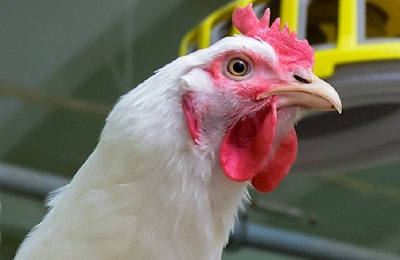
Namibia could see growth in the egg and broiler industries. This was revealed during the country’s Poultry Producers Association (PPA) seminar in October, explained a report from The Namibia. The report explained that various stakeholders in the industry looked at possibilities for growing the industry.
A Namibia Agricultural Union (NAU) newsletter explained that a recent study conducted by Cirrus about the micro and macroeconomic impact of the Namibian poultry industry, concurred with what was presented at the seminar.
The study showed that the poultry industry could have a positive impact on the country’s gross of domestic products. However, the initial input cost of starting in the industry do not appeal to many. New Era Live reported that, “Policy security is also lacking and without it, an industry cannot grow. Investors must be attracted, and investments must be protected.”
The solution might be the finalization of the bill on trade and the establishment of a board of trade. In the interim, the industry will investigate to what extent industry protection is possible, the newsletter added.
This isn’t the first time there has been a call to action in increasing the country’s poultry sector. In June a report said that at a meeting to develop poultry farming in Namibia, there was a call for more small producers to participate in farming initiatives to increase national production of poultry meat.
Representing the Trade Forum, Maria Immanuel said that the country’s poultry industry is at an embryonic stage, reports Namibia Economist. She added that one key player, Namibia Poultry Industry (NPI), produces close to 3,500 metric tons (mt) of poultry meat per month, which represents about half of local demand.
The NAU has published presentations on their website to help producers interested in the poultry industry.
Namibia is not void of poultry industry members as RCL Foods Ltd. is Africa’s largest chicken processor, having slaughtered 260 million chickens in 2017. The company operates more than 200 farms and distributes goods across South Africa, Swaziland, Namibia, Botswana, Uganda and Zambia.
The country is looking to extend its animal agriculture success in other areas too, such as dairy. However the dairy industry is also struggling with input cost compared to the cost of importing products.















